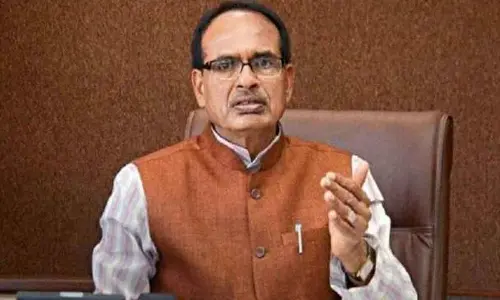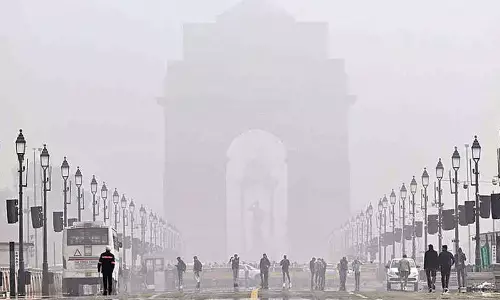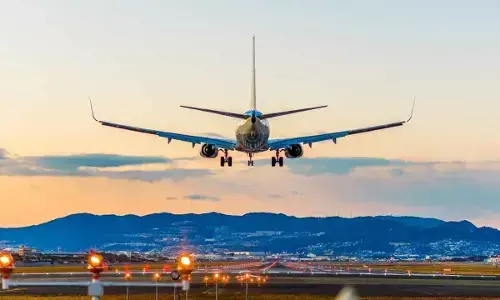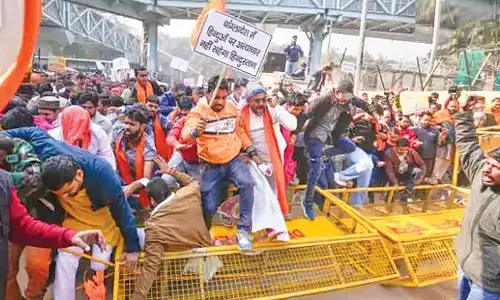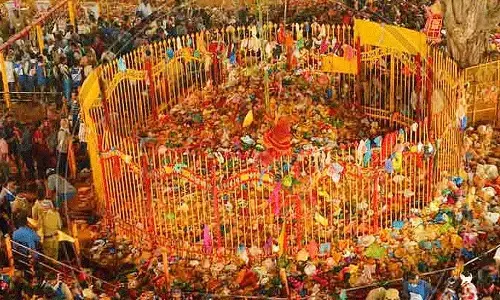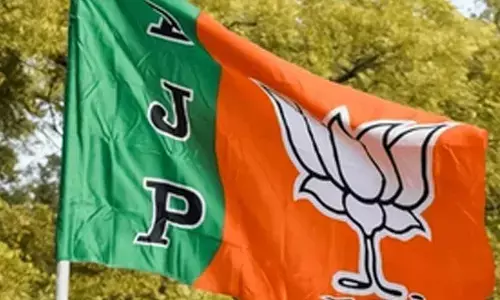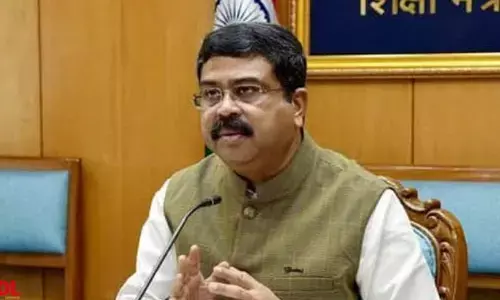Moderna coronavirus vaccine put to final test in thousands of volunteers in US
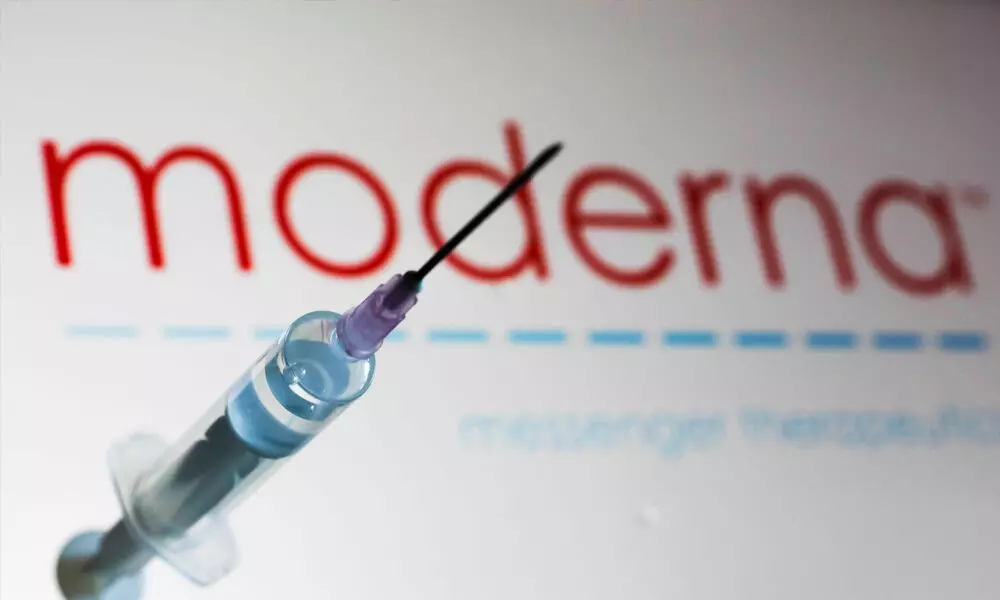
Coronavirus vaccine: The world's biggest coronavirus vaccine test got underway on Monday with the first of 30,000 planned volunteers.
Coronavirus vaccine: The world's biggest coronavirus vaccine study got underway Monday with the first of 30,000 planned volunteers helping to test shots created by the US government -- one of several candidates in the final stretch of the global vaccine race.
There's still no guarantee that the experimental vaccine, developed by the National Institutes of Health and Moderna Inc., will really protect.
The needed proof: Volunteers won't know if they're getting the real shot or a dummy version. After two doses, scientists will closely track which group experiences more infections as they go about their daily routines, especially in areas where the virus still is spreading unchecked.
"Unfortunately for the United States of America, we have plenty of infections right now" to get that answer, NIH's Dr. Anthony Fauci recently told The Associated Press.
Several other vaccines made by China and by Britain's Oxford University earlier this month began smaller final-stage tests in Brazil and other hard-hit countries.
But the U.S. requires its own tests of any vaccine that might be used in the country and has set a high bar: Every month through fall, the government-funded Covid-19 Prevention Network will roll out a new study of a leading candidate -- each one with 30,000 newly recruited volunteers.
The massive studies aren't just to test if the shots work - they're needed to check each potential vaccine's safety. And following the same study rules will let scientists eventually compare all the shots.
Next up in August, the final study of the Oxford shot begins, followed by plans to test a candidate from Johnson & Johnson in September and Novavax in October -- if all goes according to schedule. Pfizer Inc. plans its own 30,000-person study this summer.
That's a stunning number of people needed to roll up their sleeves for science. But in recent weeks, more than 150,000 Americans filled out an online registry signaling interest, said Dr. Larry Corey, a virologist with the Fred Hutchinson Cancer Research Institute in Seattle, who helps oversee the study sites.
"These trials need to be multigenerational, they need to be multiethnic, they need to reflect the diversity of the United States population," Corey told a vaccine meeting last week. He stressed that it's especially important to ensure enough Black and Hispanic participants as those populations are hard-hit by COVID-19.
It normally takes years to create a new vaccine from scratch, but scientists are setting speed records this time around, spurred by knowledge that vaccination is the world's best hope against the pandemic. The coronavirus wasn't even known to exist before late December, and vaccine makers sprang into action Jan. 10 when China shared the virus' genetic sequence.
Just 65 days later in March, the NIH-made vaccine was tested in people. The first recipient is encouraging others to volunteer now.
"We all feel so helpless right now. There's very little that we can do to combat this virus. And being able to participate in this trial has given me a sense of, that I'm doing something," Jennifer Haller of Seattle told the AP. "Be prepared for a lot of questions from your friends and family about how it's going, and a lot of thank-you's."
That first-stage study that included Haller and 44 others showed the shots revved up volunteers' immune systems in ways scientists expect will be protective, with some minor side effects such as a brief fever, chills and pain at the injection site. Early testing of other leading candidates have had similarly encouraging results.
If everything goes right with the final studies, it still will take months for the first data to trickle in from the Moderna test, followed by the Oxford one.
Governments around the world are trying to stockpile millions of doses of those leading candidates so if and when regulators approve one or more vaccines, immunizations can begin immediately. But the first available doses will be rationed, presumably reserved for people at highest risk from the virus.
"We're optimistic, cautiously optimistic" that the vaccine will work and that "toward the end of the year" there will be data to prove it, Dr. Stephen Hoge, president of Massachusetts-based Moderna, told a House subcommittee last week.
Until then, Haller, the volunteer vaccinated back in March, wears a mask in public and takes the same distancing precautions advised for everyone -- while hoping that one of the shots in the pipeline pans out.
"I don't know what the chances are that this is the exact right vaccine. But thank goodness that there are so many others out there battling this right now," she said.








